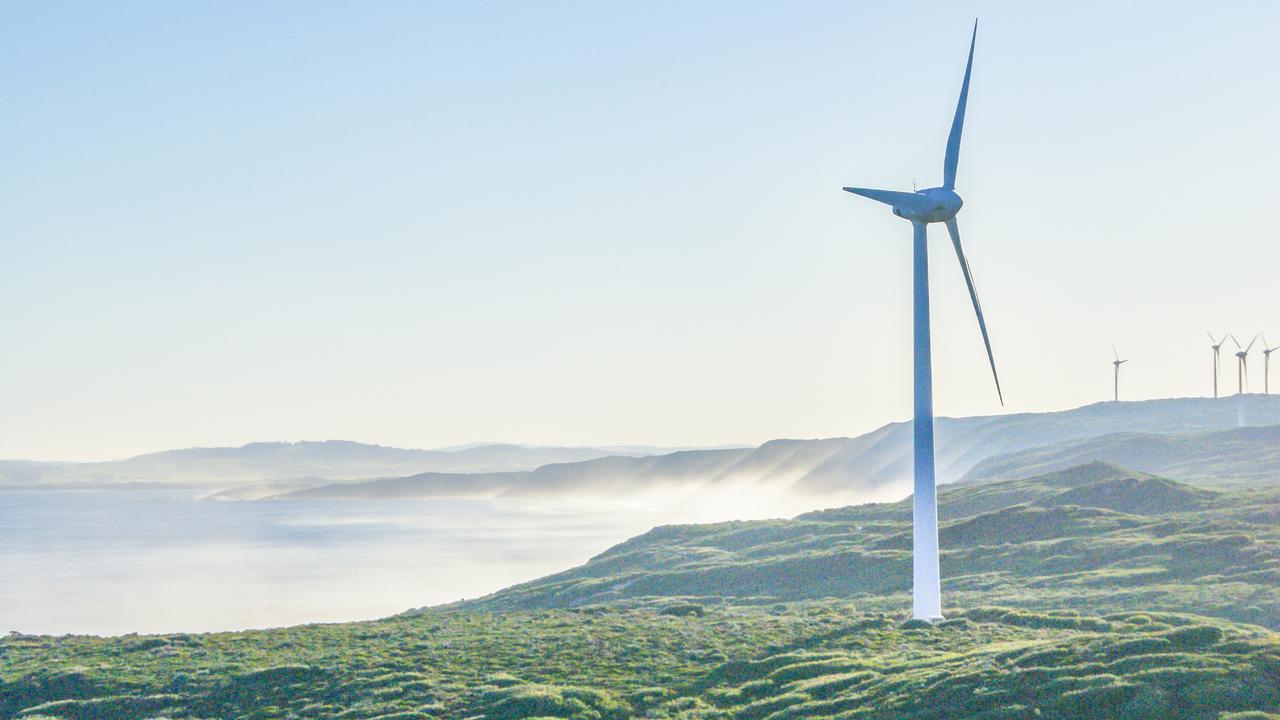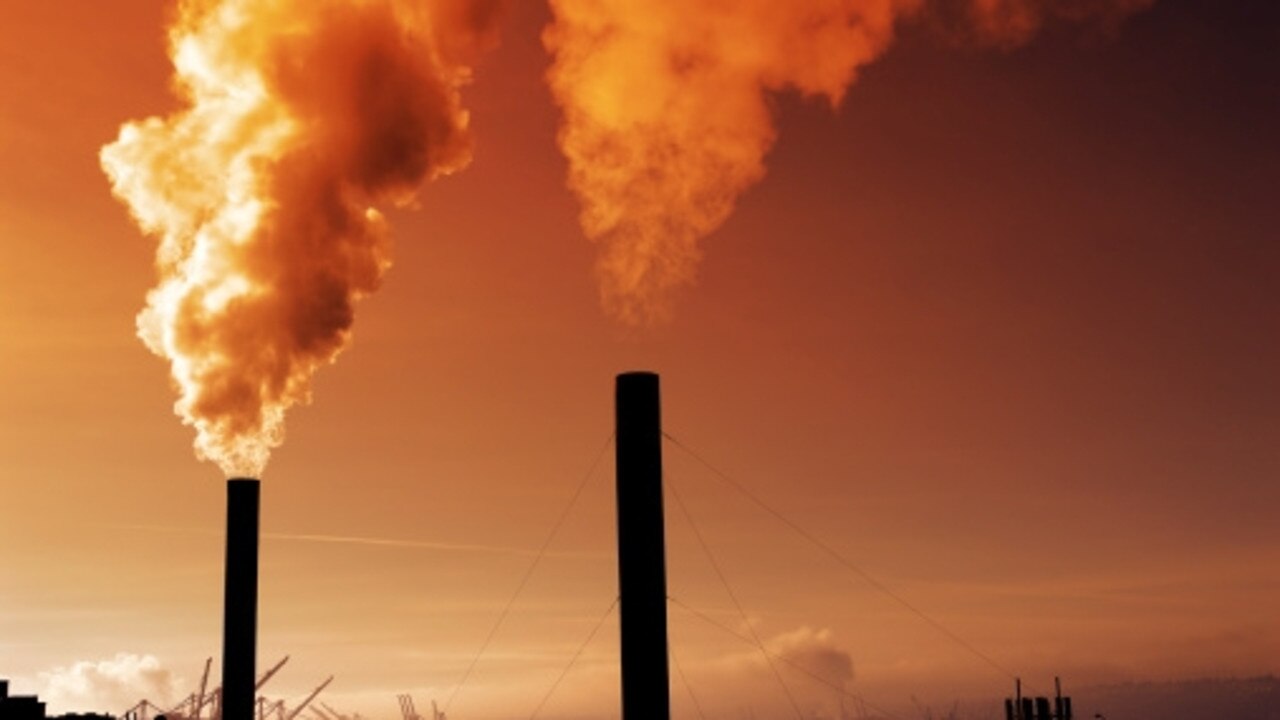Paris climate summit: Bill Gates the bridge in $27bn innovation bid
Bill Gates has announced a US$20bn fund to do for renewable energy what public-private partnerships had done for the PC.

For a moment, the world’s richest man cut a lonely figure on stage at the Paris climate conference, announcing a $US20 billion ($27.5bn) fund to do for renewable energy what similar public-private partnerships had done for the personal computer, the internet and medicine.
Chairs set aside for US President Barack Obama and Indian Prime Minister Narendra Modi were empty.
But as Bill Gates outlined his belief that innovation was the answer for both poverty eradication and combating climate change, leaders representing more than half the world’s population joined him on stage.
Like the flowering of an idea whose time had come, Mr Gates, Mr Obama and Mr Modi were joined by leaders from Britain, Japan, France and a dozen other countries who had signed up to support “Mission Innovation”.
The public-private partnership on clean energy innovation has been hailed across the spectrum of politics and climate change advocacy as a breakthrough in two decades of negotiations.
Australia has joined 19 countries in Mission Innovation to pledge an increase in research and development spending to $US20bn within five years.
A group of 18 billionaire investors led by Mr Gates has formed another coalition to take the clean energy breakthroughs from the laboratory to market.
Mr Gates said the challenge was to make renewable energy clean, reliable and cheaper than today’s hydrocarbon energy.
“I think we will look back on today as an important milestone in achieving that goal,” he said.
Mr Obama said the research effort would concentrate on existing and new technologies.
“The truth is if we adapt new technologies and make them cheaper and faster and more readily available and we improve efficiency we are still only going to get part of the way there and there is still going to be a big gap to fill,” Mr Obama said. “We don’t yet know exactly what is going to work best, but we know that if we put our best minds behind it (and) we have the dollars behind it, we will discover what works.”
Mr Modi said innovation was vital for combating the climate challenge and ensuring “climate justice”.
“Access to energy and a better life is a universal aspiration and so is a clean environment,” he said.
“We will ensure in the spirit of climate justice that the light of a few does not put out the opportunity of the many still on the initial steps of the development ladder. The rich must leave enough room for the developing countries to grow.
“We can make conventional energy cleaner and we can develop newer sources of renewable energy.
“This is a global responsibility towards our collective future.”
Australia’s contribution to the increased research effort would involve an additional $100 million.
Mr Turnbull will outline where the money will come from for the renewable innovation spending in the government’s innovation statement, which could be announced in the next week.
The Prime Minister, who met Mr Gates before the announcement, said everyone agreed innovation was the key to solving climate problems.
“Innovation is an absolutely key priority for my government,” he said. “It is the key to this effort here in Paris and ... the key to ensuring our prosperity as a first-world nation in Australia,”
Mr Gates said research was needed into many options. “Each of them will have huge problems but if we back over 50 breakthrough projects we know that several of those will give us the solutions that we need,” he said.
The digital sector had shown how government R&D could create a framework that led to the breakthroughs such as the personal computer, the internet, the mobile phone and in medicine.
Mr Gates said his role had been to bring together private investors so that, once an idea had been proven at the research level, start- up capital could be raised and the risk moved to the private sector.
The focus would be on early- stage companies that could be scaled up to major carbon solutions. “In the energy sector, you have to be patient and there will be a lot of dead ends,” Mr Gates said.
The project received widespread applause. “This announcement at the start of COP21 signals serious intent both by the private and public sectors to act on climate change,” said British economist Nicholas Stern of the London School of Economics and Political Science.



